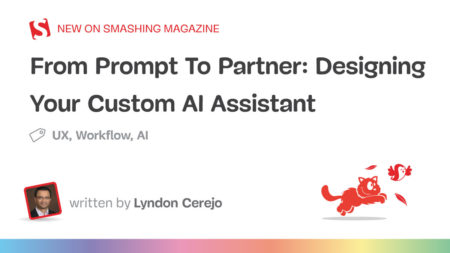OpenOrigins has announced that its Human-Oriented Proof System (HOPrS) has been accepted by the Linux Foundation’s Decentralized Trust as a new Lab.
HOPrS is an open-source framework that can be used to figure out if an image has been altered. “If we’re doing things like rotating images, or cropping them, or changing the saturation, turning it into grayscale, or using Photoshop’s generative tooling to circle around someone’s face and swap someone’s face out for a celebrity … What are the tools we can put out into the world and try and build a better framework? And one of the things that’s come out of this is HOPrS,” said Henrik Cox, product manager at OpenOrigins, during an LF Decentralized Trust meetup presentation last month.
It utilizes techniques like perceptual hashes and quadtree segmentation, combined with blockchain technology, to determine how images have been changed.
Perceptual hashing allows it to identify if anything changed with the photo itself or its metadata, by comparing hashes of the image with hashes from similar files on a blockchain. It then produces a similarity or difference score.
However, perceptual hashing only tells you if files are different, not what is different or which file is the original, Cox explained. This is where quadtree segmentation comes in, breaking down the image into four quadrants to figure out where in the image the difference is.
In an example, Cox drew a sun onto a photo of an airplane, and then quadtree segmentation was used to identify that only the top right quadrant where the sun was drawn is different. Then, that quadrant is segmented down into even smaller pieces. “We create more perceptual hashes as we get further down to identify where it is in the image that things are being changed,” he said.
According to OpenOrigins, HOPrS can be used to identify if content is generated by AI, a capability becoming increasingly more important as it becomes more difficult to distinguish between AI-generated and human-generated content.
“The addition of HOPrS to the LF Decentralized Trust labs enables our community to access and collaborate on crucial tools for verifying content in the age of generative AI,” said Daniela Barbosa, executive director of LF Decentralized Trust. “By contributing HOPrS to our labs, OpenOrigins is tapping into a global network of developers, creating an accessible entry point for incubation, experimentation, and community building.”
Dr. Manny Ahmed, co-founder and CEO of OpenOrigins, added: “Contributing to open source initiatives builds on our mission to create a global trust infrastructure for user-owned, verifiable data provenance that is free from centralized control.”
The post Newest LF Decentralized Trust Lab HOPrS identifies if photos have been altered appeared first on SD Times.
Source: Read MoreÂ

